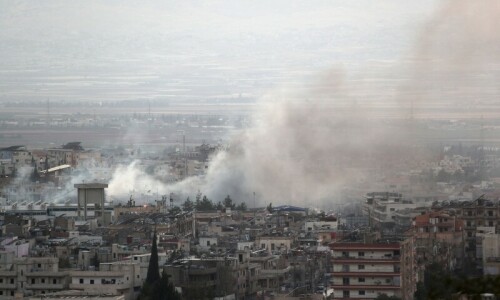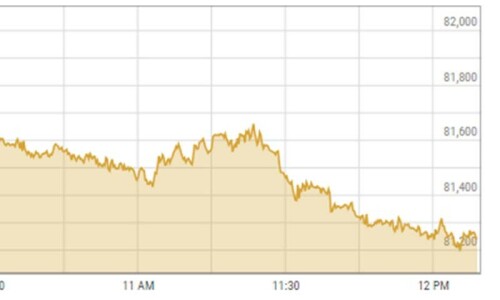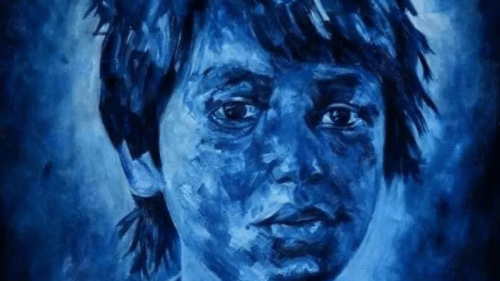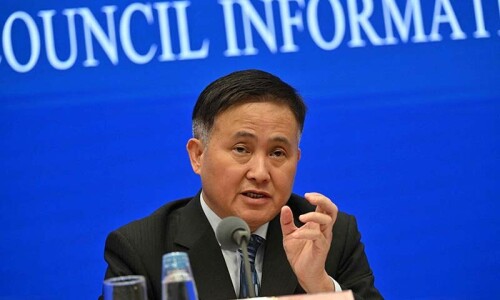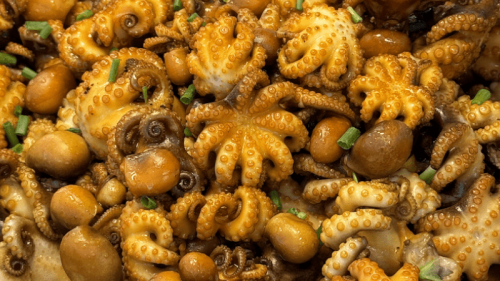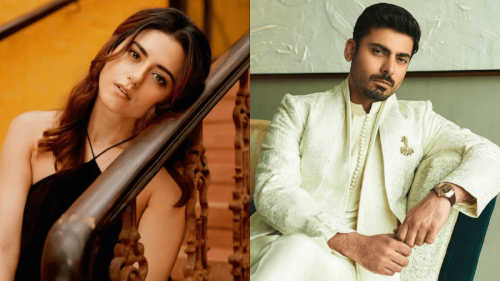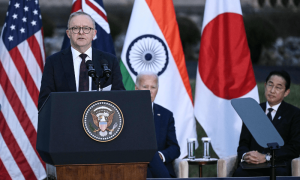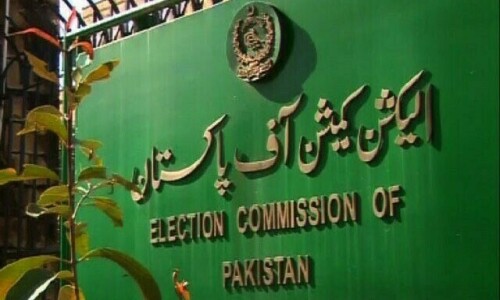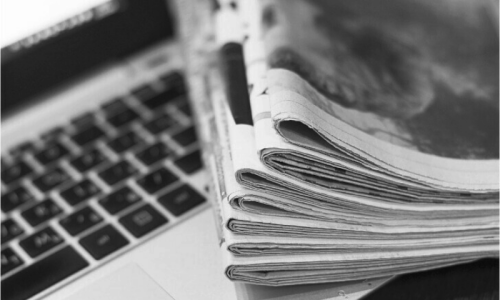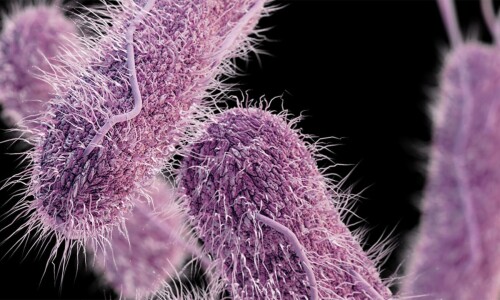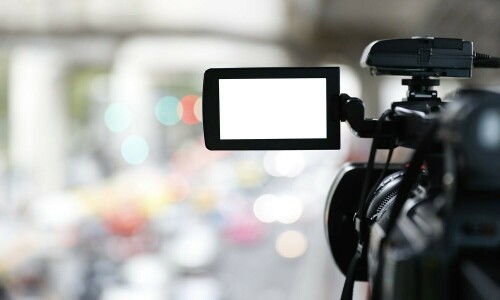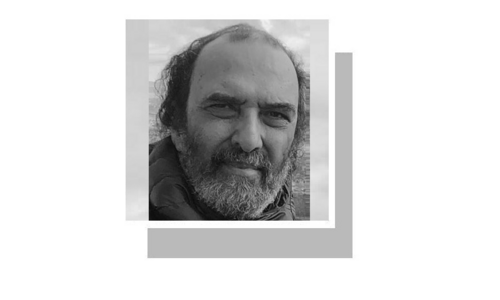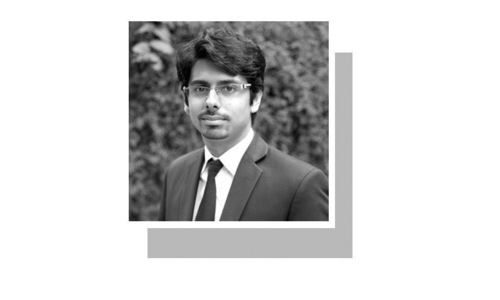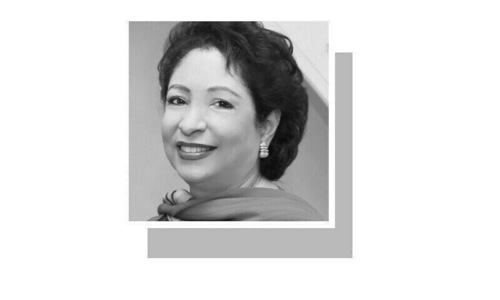STRASBOURG: Pakistani teenager Malala Yousafzai was handed the EU's prestigious Sakharov human rights prize Wednesday in recognition of her crusade for the right of all children, girls and boys, to an education.
To thunderous applause announcing the European Parliament prize, the assembly's president Martin Schulz praised the 16-year-old activist as “a survivor, a heroine and an extraordinary young woman” and said: “You have given hope to millions of people.”
Malala, dressed in orange and with her father Ziauddin at her side, became the 25th winner of the Sakharov prize at the ceremony significantly held on World Children's Day, with 21 of the former winners present.
Past winners of the 50,000 euro ($68,000) prize also include South African anti-apartheid hero Nelson Mandela and former UN secretary general Kofi Annan.
Accepting the award “in the name of God”, Malala spoke out for the 57 million children in the world deprived of education, emphasising the lack of schooling for girls, often because of forced marriages, trafficking, poverty and sexual violence.
“Children don't want an iPhone, an Xbox or chocolates,” she said as lawmakers rose to their feet, “They just want a book and a pen.”
Governments need to cut military spending and invest instead in education to create “a country with a talented, educated and skillful people,” she said.
“There is hope, because we all are here together united to help innocent children come out of the quagmire of trouble,” she added.
Schulz said Malala, who was shot in the head by the Pakistani Taliban for speaking out against them, was “a symbol of resistance to fanaticism” and he lauded her father for encouraging her speak out and battle for girls' rights.
Earlier this month, several private schools in Pakistan banned her book “I Am Malala” for “anti-Pakistan and anti-Islam content” and a hardline militants linked to the attack on her life was appointed the new chief of the Pakistani Taliban.
Malala, who was also nominated for the Nobel Peace prize, was taken to Britain for treatment in the wake of last year's attack and now goes to school in the central city of Birmingham.




